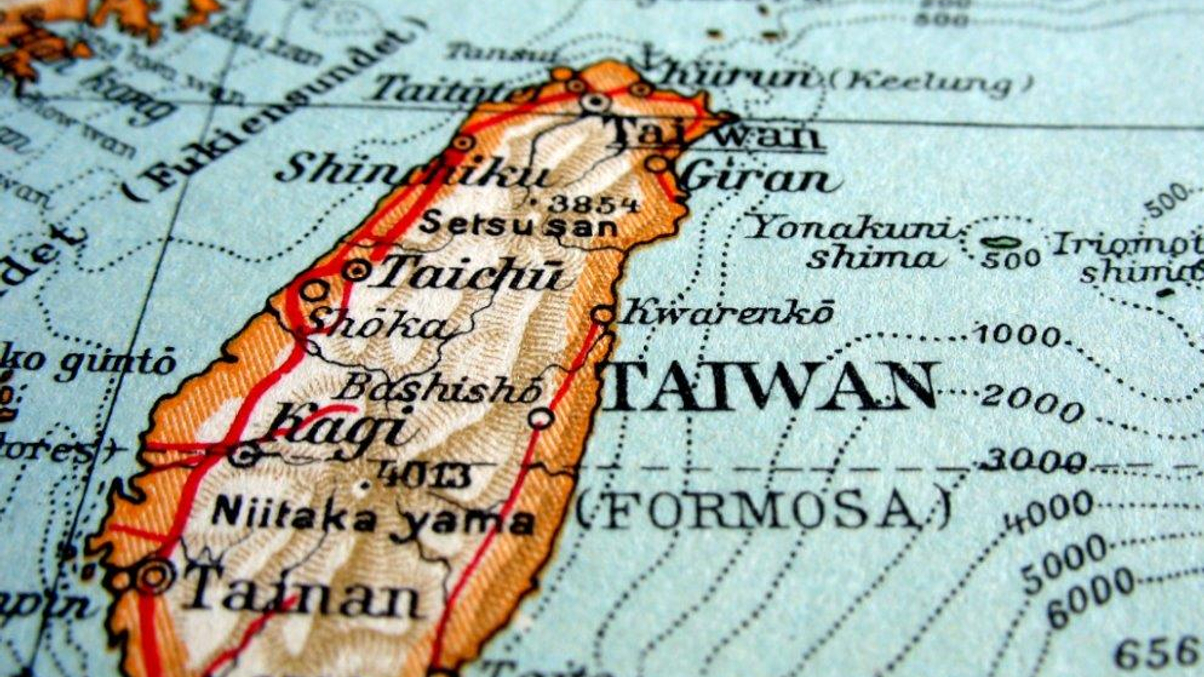Market Views: How investors will need to tiptoe around Taiwan troubles
Asia's leading chip maker and the world's two largest economies: what could possibly go wrong? Investors need to be on full alert.

Adding to what is now becoming a long list of investment risks globally, the recent tension in the Taiwan Strait is piling on the risk in an already challenging environment.
Sign in to read on!
Registered users get 2 free articles in 30 days.
Subscribers have full unlimited access to AsianInvestor
Not signed up? New users get 2 free articles per month, plus a 7-day unlimited free trial.
¬ Haymarket Media Limited. All rights reserved.


